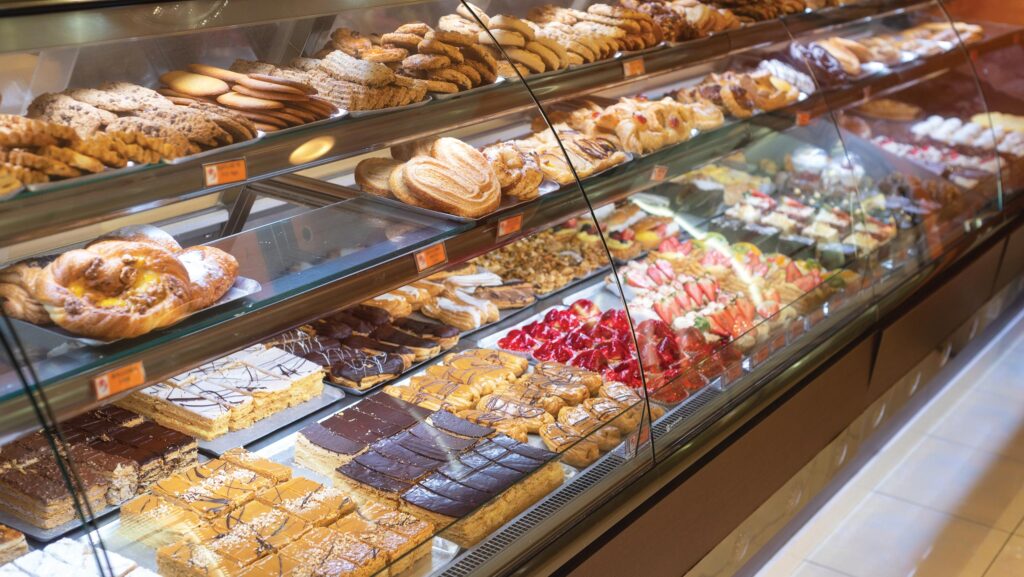VAT and diversification – beware the pitfalls
 © Adobe Stock
© Adobe Stock Diversification raises many tax issues, among them the differences in how VAT is accounted for compared with traditional farm produce sales.
Accountant Julie Butler of Butler & Co says VAT is unnecessarily complex and advisers would like to see the legislation simplified.
For example, the treatment of horse livery is confusing and often misunderstood – it can be zero, standard rated or exempt.
“Barter in some diversifications, and in farming generally, is another tricky area,” says Julie.
“Another example that can cause problems is where someone is looking after woodland in exchange for timber, as can looking after cattle in return for grazing and so on.”
See also: Tax tips for farm holiday accommodation management
New markets and products bring new issues
Food, including most farm produce, is generally zero-rated for VAT. Alternative enterprises often mean increasing levels of on-farm processing and packaging for new markets, with some of these bringing products into the standard rating net.
A common example is when hay is sold for pet consumption, including for horses. The standard 20% VAT rate should be charged.
Confectionery trap
As more farms move into food retailing, including baked and sweet goods, some products will be treated as confectionery, which again is standard rated, as are ice-cream, crisps and alcohol products.
Recent tax tribunals have considered whether certain products should be classed as food or confectionery and can have relevance for some farmers, says Julie.
One recent case went through several rounds of tax tribunal after HMRC appealed the decision of a first-tier tax tribunal which found that a product called Mega Marshmallows, made by Innovative Bites, was a food product and not confectionery.
The original decision that these were a food was based on the fact that they were sold alongside other barbecue products for roasting.
This was eventually upheld, says Julie, with the marketing, packaging, size of the product, positioning by retailers in supermarkets, and seasonal fluctuations in sales all playing a part in the decision.
“This is an important case for farmers to consider – it could influence how products are marketed for impression and should be considered by farm shops and farm diversification production plans,” she says.
Food bars question
An HMRC decision to apply the standard rate to Organix and Nakd snack bars was appealed in 2021 by retailer WM Morrison Supermarkets, which argued that the bars should be zero-rated.
As part of the Morrisons appeal, a further HMRC tribunal panel was asked to look at the original decision, to consider the healthiness of the products and their ingredients. At this stage the judge said that whether an item qualified as confectionery or otherwise was “ultimately a matter of impression”.
The products had the “appearance, texture, mouthfeel, density and taste of confectionery” and the “ordinary person in the street” would reach the same conclusion, the tribunal found.
The way the product was marketed would lead consumers to see them as “sweet snacks and treats”, it said.
Supply of land and VAT
The temporary supply of land for activities other than farming is also under HMRC scrutiny.
As long as the nature of the supply of land is predominantly the hire of land, and that ancillary services are additional, the hire of the land is exempt from VAT, says Julie.
However, there are exceptions, among them certain sports and physical recreation uses, so it is important to understand the rules.
The VAT treatment of land provided for car boot sales was the subject of a 2022 case known as Rufforth Park, where HMRC had assessed this supply as standard-rated because there were a number of services alongside the activity.
The key is the licence to occupy, and the appeal by Rufforth Park was allowed. However, it reinforces the need to understand the nature of the supply, how activities are supported and how HMRC assesses individual cases, says Julie.
